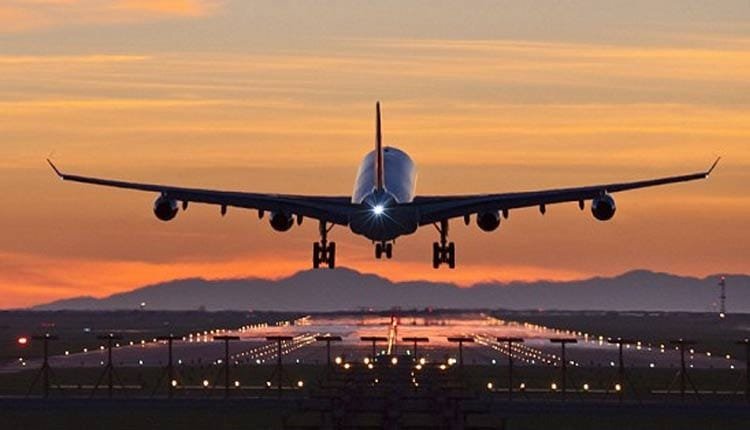Pilot, Surgeon, and Leader
According to a Western author, many patients in America die during surgeries simply because surgeons do not listen to the checklist that their assistants read out to them, which outlines all the necessary precautionary measures before the operation. In contrast, airplane pilots listen to such checklists with complete attention and review their preparations before taking off. The author suggests that the reason is not that the pilot’s superior asks these questions, but because the pilot himself is on board the aircraft, and in the event of a crash, the pilot also dies. Whereas, in a failed surgery, only the patient dies; the surgeon is not affected.
Both surgeons and pilots are a type of leader who hold the fate of others in their hands. However, a leader, whose personal interests are at stake, takes his responsibilities very seriously, while a leader whose personal interests are not at risk tends to lose some of his sensitivity.
One of the fundamental problems of the Pakistani nation is that the personal interests of its leaders are not deeply connected with collective interests. Their failure does not impact their personal lives, financial situations, or social standing. Thus, they fail and leave power with ease, going on to enjoy a comfortable life.
The Pakistani nation has passed the stage of holding elections. Now, it needs to learn a second lesson: holding leaders accountable. It is essential that every leader, upon leaving office, be held accountable for their actions and face punishment for every crime. If this does not happen, the nation will continue to suffer, while leaders will keep enjoying the luxuries of power and comfortably return to their homes, one after another.
Translated by Taqi Ahmed

